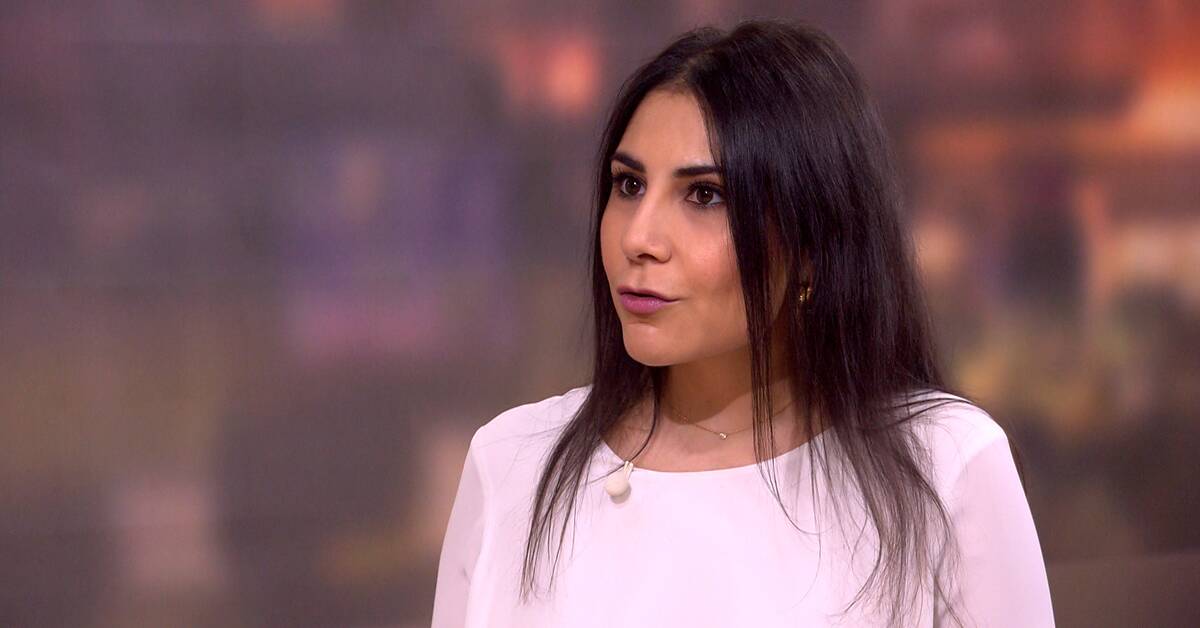On Sunday, several media outlets reported that Iran's Attorney General Mohamed Jafar Montazeri had said that the morality police had "been shut down".
However, the information was denied later in the day by the country's interior minister on the state television channel al-Alam, according to CNN.
However, both the media and private individuals managed to spread the information that the moral police had been closed down.
Now the American research institute, the Institute for the Study of War, ISW, is criticizing the media in the West, among other things, for having misunderstood the attorney general's statement and incorrectly reported that the moral police should have been disbanded by the state.
In response to a reporter's question, Montazeri is said to have only confirmed that the morality police has reduced its activities in recent months.
The Foreign Policy Institute's Iran expert Rouzbeh Parsi has analyzed the incident.
He believes that when a reporter asked the question, it sounded more like a complaint.
- Where is the moral police?
Has it been shut down?, asks the reporter.
Then Montazeri replies that the moral police "has nothing to do with the judiciary", for which he is responsible, and if its activities were to be shut down, it must "be shut down where it was created", that is, by the revolutionary cultural council, explains Parsi.
Indicates that the regime is divided
The fact that such a media mistake was able to occur can be due to several things, says Rouzbeh Parsi.
- This is about the Western media drawing the wrong conclusions from the statement.
It may be a matter of language confusion, but also of hasty conclusions.
In addition, some Iranian media may have also read too much into the statement made by the chief prosecutor, he says.
Another interpretation that could be drawn from this statement is that Montazeri's statement can be seen as another signal that follows what the head of the revolutionary cultural council has previously said, that the duties of the moral police and the position of the veil should precisely be a cultural and educational task, rather than a police task, he adds.
- This indicates that there are different views within the state on how the protests should be handled, he adds.
Also hear SVT's foreign reporter Gilda Hamidi-Nia clarify the ambiguities surrounding the Iranian Attorney General's statement about the moral police.

